
R100 Rev2 certification: a key pillar for electric mobility
R100 certification plays a fundamental role in the safe development of electric mobility, a key sector in the energy transition. Among the many challenges to be met, the safety of lithium-ion batteries, the dominant technology in this field, is crucial. These batteries stand out for their energy density and power, as well as their ease of use when charging and discharging. However, they also present significant risks, particularly in terms of fire.
That’s why battery certification has become essential. Several standards govern their manufacture, transport and use. For example, the UN38.3 standard is mandatory for the transport (by road, air or sea) of lithium-ion batteries from 100 units produced. The CE mark, meanwhile, certifies compliance with European requirements, particularly in terms of electromagnetic compatibility (EMC).
What is ECE R100 certification?
R100 Rev2 certification is a European type-approval for electric road vehicles. Initially focused on powertrain safety requirements, the revised version, in force since 2016, imposes a series of rigorous new tests to validate the safety of battery packs.
To obtain R100 certification, batteries must prove their robustness under extreme conditions:
- Vibrations
- Mechanical shocks
- Crushing under 10 tons
- Thermal shocks and cycling
- Fire resistance (over 2 minutes on a diesel fire)
- Short circuit protection
- Overload protection
- Deep discharge protection
- High temperature resistance
These tests require a high level of engineering. The mechatronic design and robustness of the BMS (Battery Management System) are therefore crucial.
Without this certification, an electric vehicle cannot legally circulate in Europe.
The R100 certification of the PowerModule is valid for M1 and N1 category vehicles:
- Category M1 vehicle: a vehicle designed and constructed for the transport of persons and comprising, in addition to the driver’s seat, not more than eight seats
- Category N1 vehicle: a vehicle designed and constructed for the transport of goods with a maximum weight of not more than 3.5 tonnes
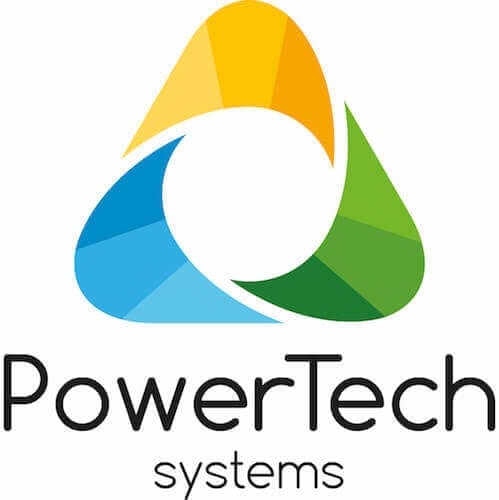










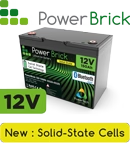
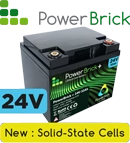
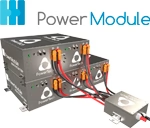
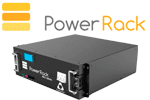
 France
France Europe
Europe Rest of the world
Rest of the world












